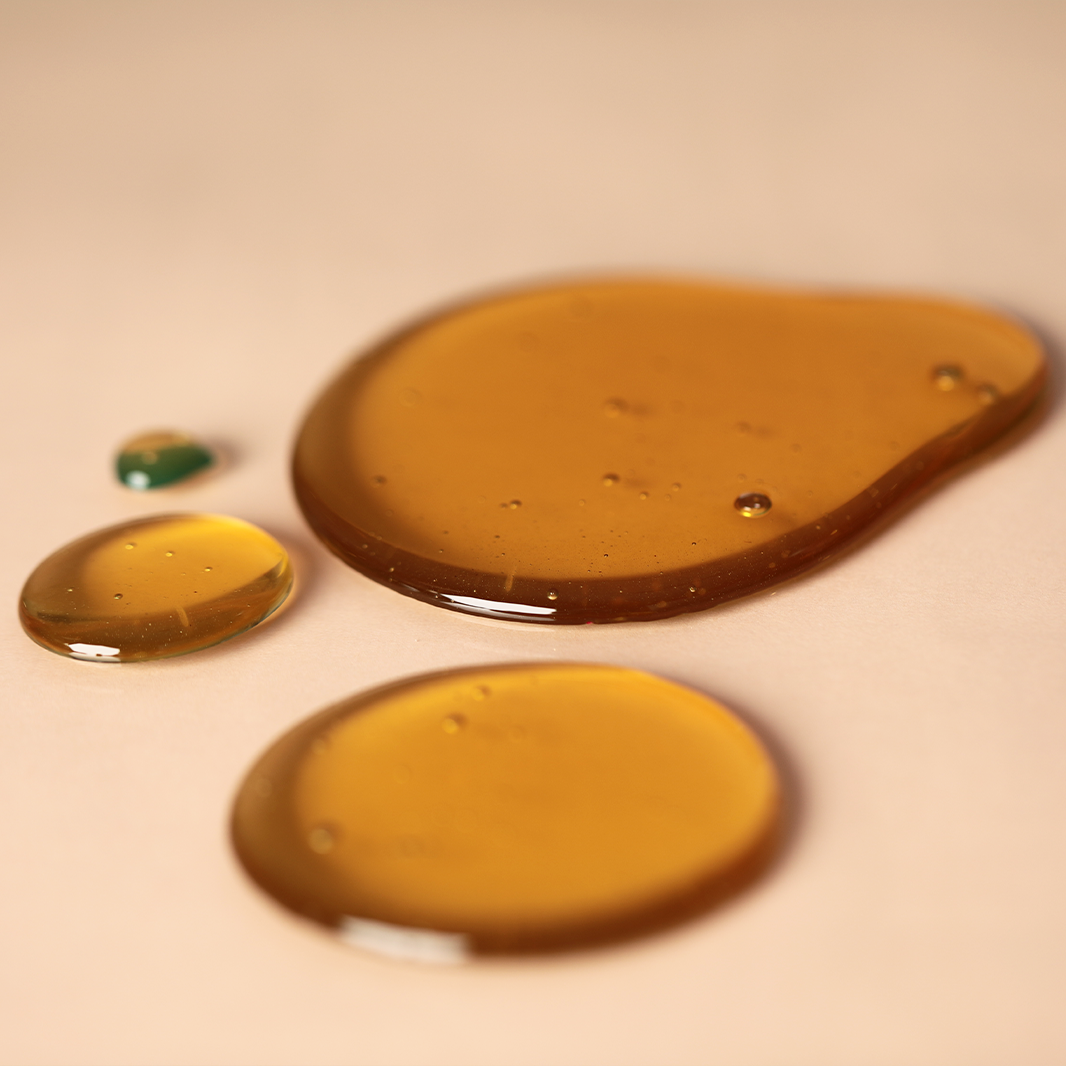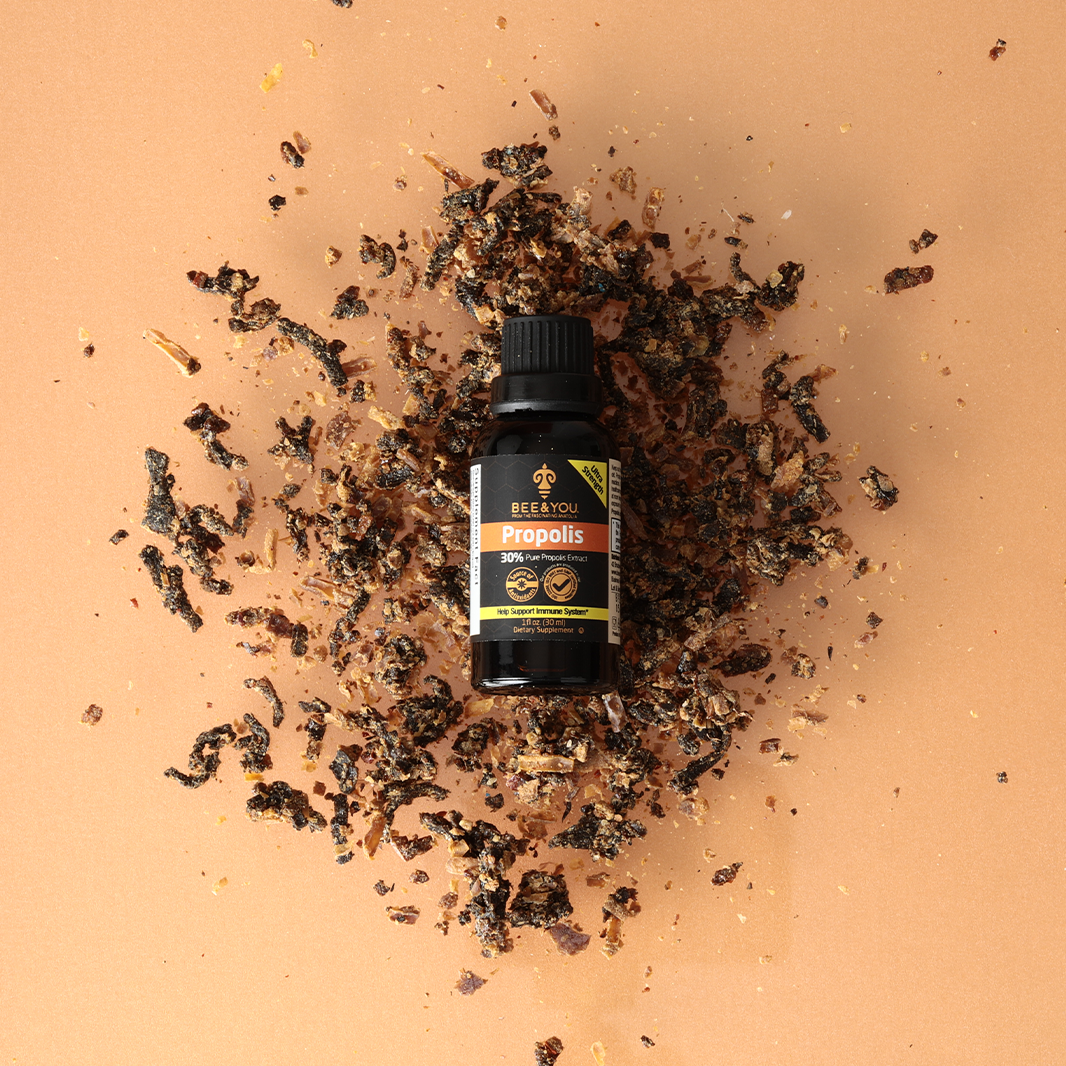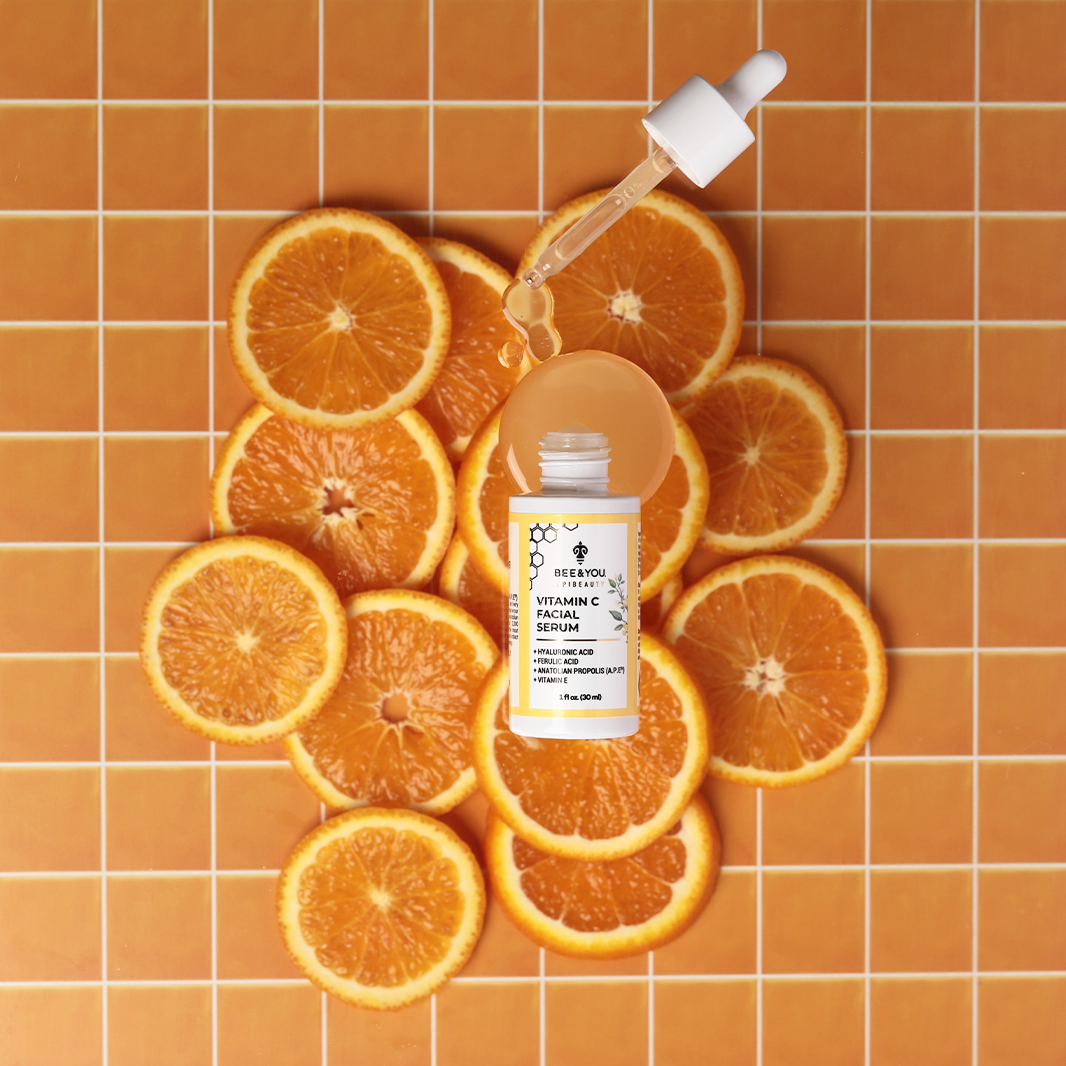Coronaviruses are a large family of viruses that are common in people and many animals, such as camels, cattle, cats, and bats. Those viruses cause illness ranging from the common cold to more severe diseases.Although the infection of humans from animal coronaviruses is quite rare, novel coronaviruses emerge in many regions of the world, particularly in recent years. For example, severe acute respiratory syndrome coronavirus (SARS-CoV) occurred in 2002, which infected 8422 people and caused 916 deaths worldwide during the epidemic. Similarly, Middle East respiratory syndrome coronavirus (MERS-CoV) was reported in 2012, causing a total of 1401 MERS-CoV cases and 543 death. Depending on those reported cases and epidemics, it is evident that coronavirus infection is a continuous threat to humankind due to unexpected emergence and rapid spread driving to catastrophic outcomes. Besides, fear and uncertainty at the global level affect the economy and the future.
The recent outbreak of Coronavirus disease (COVID-19) was reported from over 100 countries, reaching a total of 105 586 confirmed cases globally with a 3100 death count only in China and 484 in other countries (03/08/2020). The control of disease is a challenge for the health authorities, while there is a growing concern on how to control its spread in public worldwide.While extensive research is undergoing to produce a vaccine for the virus, there is no known antibiotic to be effective against viral infection yet. Indeed, there is still no research data showing the influence of the immune system effectively protecting the hosts.Hence, we need a deeper understanding of the interactions between Coronaviruses and the immune system of the hosts. However, a recent article published in the Journal of Medical Virology highlighted the importance of immune responses under coronavirus infection and discussed the features of Coronavirus-induced inflammatory response. In Coronavirus pneumonia cases, the authors emphasized the importance of controlling cytokine production and inflammatory response as they are responsible for the accumulation of cells and fluids. The authors also indicated that it is not yet clearly identified how an immune response can be inhibited without compromising the beneficial host defense.
On the other hand, it is well known that the symptoms of the influenza-the common cold- (severe tiredness, headache, chills, muscle aches, and delayed mild cough with flashes of fever) are associated with the release of cytokines by the bronchial epithelial and macrophage cells.However, the influenza virus can also be fatal through pneumonia superinfection or extreme cytokine reactions. In addition to many common drugs available in the market, several herbs and nutraceuticals can inhibit influenza viruses through similar drug mechanisms and decrease the cytokines produced by the cells.One of the natural remedies effectively supports the immune system is known as propolis. Propolis is a complementary and alternative agent encouraging a more effective immune system when the immune response is not sufficient to control a specific infection or unhealthy condition and a pathologically modified condition. Propolis has many health attributes. Those attributes are referred to as its polyphenolic content, including caffeic acid phenethyl ester (CAPE), coumaric acid chlorogenic acid, and apigenin. Therefore, bee propolis is effective against the influenza virus itself and affects some of the inflammatory pathways involved in the cytokine reactions. Those substances have been shown to have an immunomodulatory impact by influencing some of the inflammatory pathways involved in the cytokine reactions on a broad spectrum of immune cells in many scientific studies.
The current statistical analysis of COVID-19 infection cases indicates that the median number of days from the occurrence of the first symptom to death was 14.0 days. However, this period is shorter among people aged 70 years or more (11.5 days) than younger people.Based on the available data, the first deaths occurred mostly in older adults, and the disease progressed faster. Although scientific studies need to clarify the interactions between COVID-19 infection and the immune response, it is still promising to include propolis in our diet as a support to our immune system.
References:
- CDC, 2020. https://www.cdc.gov/coronavirus/2019-ncov/locations-confirmed-cases.html (03/08/2020).
- WHO, 2020. https://www.who.int/emergencies/diseases/novel-coronavirus-2019/situation-reports/ (03/08/2020).
- Wang, W., Tang, J. and Wei, F., 2020. Updated understanding of the outbreak of 2019 novel coronavirus (2019-nCoV) in Wuhan, China. Journal of Medical Virology, DOI: 10.1002/jmv.25689.
- Li, G., Fan, Y., Lai, Y., Han, T., Li, Z., Zhou, P., Pan, P., Wang, W., Hu, D., Liu, X. and Zhang, Q., 2020. Coronavirus infections and immune responses. Journal of Medical Virology, 92: 424– 432.
- Adachi, T., Yoshikawa, S., Tezuka, H., Tsuji, N.M., Ohteki, T., Karasuyama, H. and Kumazawa, T., 2019. Propolis induces Ca2+ signaling in immune cells. Bioscience of microbiota, food and health, pp.19-011.
- Al-Hariri, M., 2019. Immune's-boosting agent: Immunomodulation potentials of propolis. Journal of family & community medicine, 26(1), p.57.
- Brayden H, and David D B. Anti-Influenza Nutraceuticals: Antiviral and Anti-Inflammatory Effects. Adv Complement Alt Med. 4(3). ACAM.000590.2019.
- Takeda, K., Nagamatsu, K. and Okumura, K., 2018. A water-soluble derivative of propolis augments the cytotoxic activity of natural killer cells. Journal of ethnopharmacology, 218, pp.51-58.
- Chan, G.C., Cheung, K.W., Sze, D.M., 2013. The immunomodulatory and anticancer properties of propolis. Clin. Rev. Allergy Immunol. 44, 262–273.






